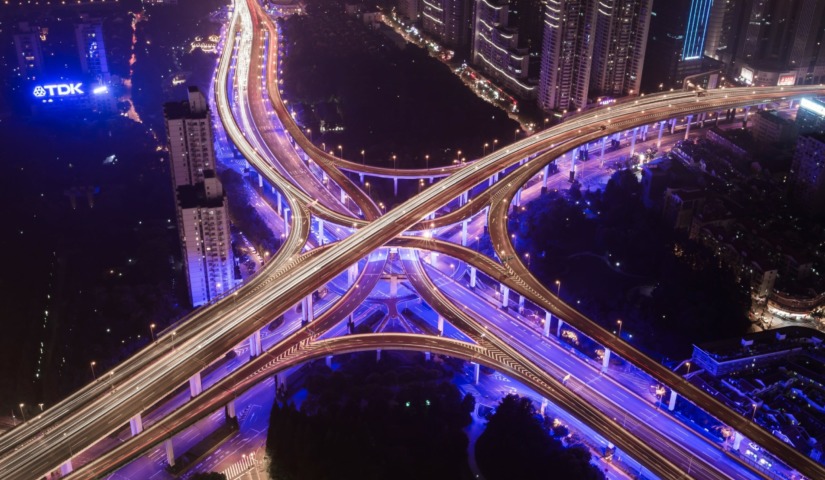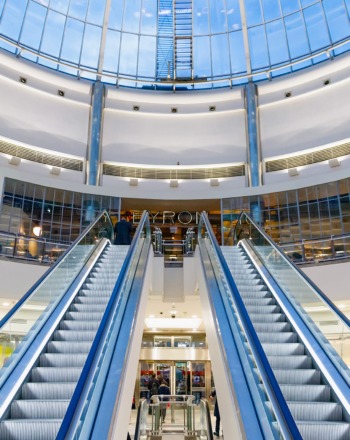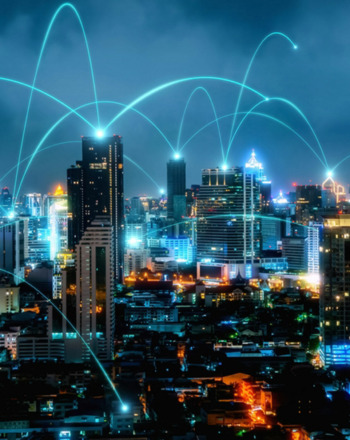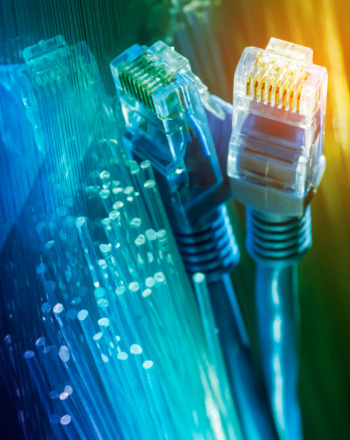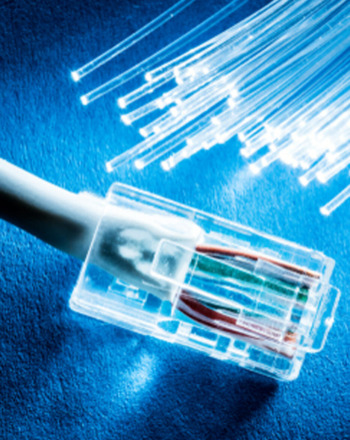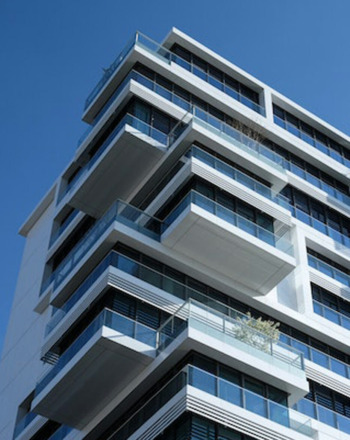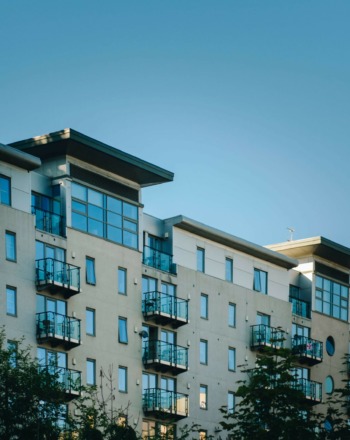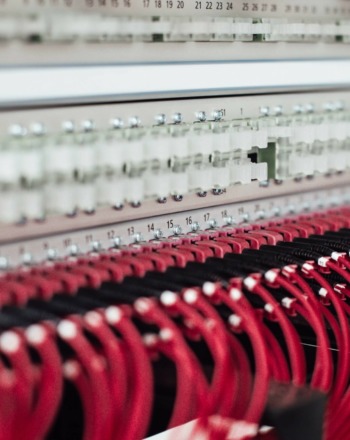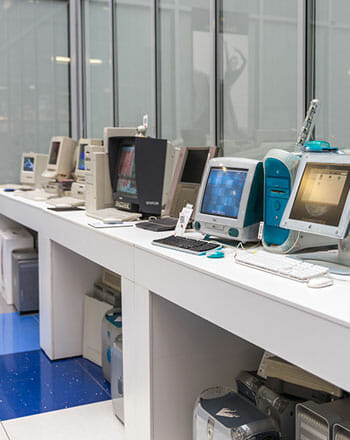From smart motorways to smart meters, the world is growing ‘smarter’ every second. New technology is continuously being developed and is becoming more and more common in our world today. In this context, the term, ‘smart’ refers to the technology that is used to analyse big data to get an understanding of a situation, which can then be used to manage, control, and engage with something or someone.
The direction that we are currently heading in is of smart cities – cities that are, essentially run with technology, the internet, and the analysis of data.
Smart cities involve the collection, analysis, and use of data to ensure that the running of a city is smooth and effective. Some of the aspects that can be managed through the data include resources such as energy and water, traffic, crime control, energy efficiency and sustainability, government engagement, and road maintenance.
Although the technology is already in use in a more disjointed way, a smart city uses technology with a more integral approach, using high-quality internet.
The best option for supporting a smart city is using fibre optic cables. These allow for the high-speed, reliable internet that is necessary for the technology to work within the city.
Benefits of Smart Cities
Smart cities can be great for the population of a city, for example boosting engagement with the government and ensuring that resources are managed properly, as well as government bodies and those managing the city – giving them better control over resources and an understanding of requirements as and when they are needed, amongst other benefits.
Some of the main benefits of smart cities include:
High Quality of Life
The key to a smart city is the fact that it uses analysis of human behaviour to create a human-based city, providing its population with what they want and when they want it – leading to a high quality of life. Whether it’s ensuring that resources never run out or that traffic is managed to reduce congestion, technology and analysis of human behaviour and trends can be hugely beneficial to improving a person’s quality of life.
A smart city can use technology such as number plate recognition to solve crimes, look at the reduction of pollution through traffic management, or ensure a more efficient running of a hospital, for example.
Improve Learning & Education
Smart cities use technology such as big data analysis, the Internet of Things, automation, and AI to ensure the streamlined, effective running of a city. This technology can also be used to help in the learning and education sphere.
Whether it is improved connectivity, analysis of learning techniques, a more thorough assessment process, or even using virtual technology for training (surgeons or engineers, for example), there is a wealth of different ways that smart tech can be useful.
Students from around the globe can study with the best teachers in the world, regardless of where they are based, engagement can be monitored and additional support is given where needed, and the student’s time is used more effectively and efficiently.
For education and learning, there are many possibilities with smart technology.
Upgraded infrastructure
Smart infrastructure uses big data analysis to manage all the elements involved in running a city. For this to happen, the technology must be available, along with a high-speed, reliable internet connection.
It’s recommended that a smart city uses fibre optic cable internet to support this technology throughout the city. This is faster and more resilient to risks such as power outages than the more traditional copper wire internet, with the data travelling down fibre optic cables instead.
The Future of Smart Cities
Although we see smart cities as being the ‘cities of the future’. There are already many elements that we are already using. As internet connectivity improves and technology develops, we are going to see more and more aspects of the management and governance of the city becoming ‘smart’.
From ensuring that the population is safe to reducing the likelihood of getting stuck in traffic and ensuring that cities are as energy efficient as possible, the future is smart.
Transforming Smart Cities with Glide
Here at Glide, we are helping transform the elements needed for a smart city by providing high-speed, low latency, reliable fibre optic internet to cities in the UK.
From designing the infrastructure to construction (including planning) and installation, we can take you through the entire process. We cater to a number of industries from build to rent and student accommodation development to flexible workspaces solutions.
Without this super-fast, resilient internet connection, setting up, maintaining, and managing smart technology is impossible, and this is why Glide is playing an integral part in the development of smart cities in the UK.

